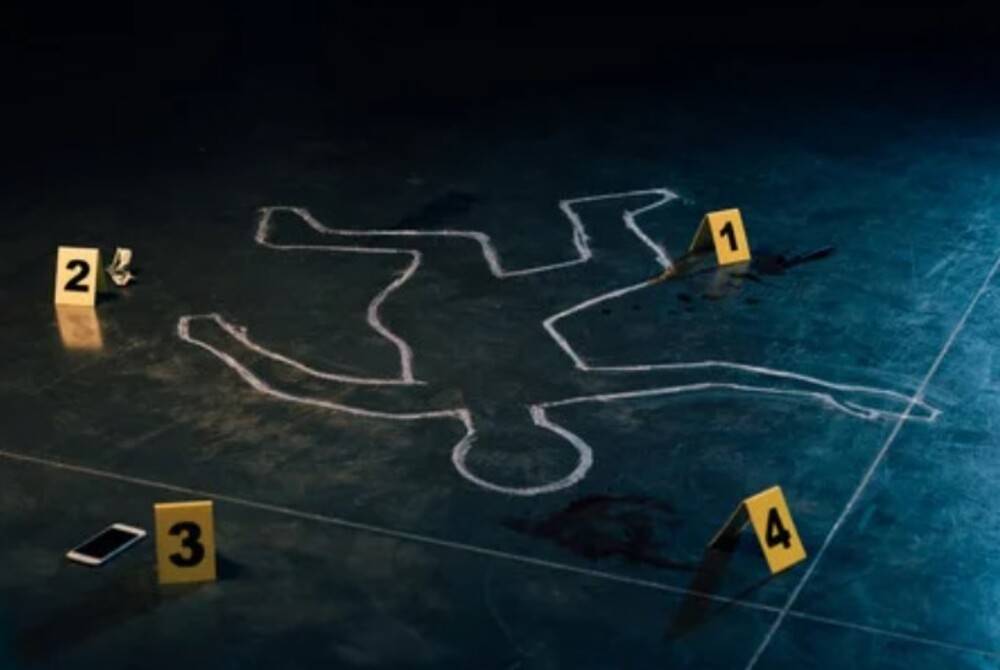Challenging to prove intent to murder under Section 302 - Lawyer
NOR SYAMIRA LIANA NOR ASHAHA
SHAH ALAM - It is difficult for the court to convict and sentence under Section 302 of the Penal Code against someone who commits a driving offence that causes death.
The Malaysia Muslim Lawyers Association (PPMM) president, Muhamad Hisham Marzuki said many aspects needed to be taken into account in terms of evidence, witnesses, and testimony.
He said when someone was accused under the relevant section, no judge would take lightly the evidence and explanations presented.
"When we want to convict the accused under Section 302 of the Penal Code, we need strong evidence, witnesses who can give clear evidence without doubt, and the prosecution can prove that the death was intentional.
"However, after presenting all the evidence from witnesses and evidence in court, there is a possibility that the public prosecutor thinks that the more accurate section to be dropped is under Section 304 of the Penal Code.
"When changed to Section 304, it still falls under matters involving murder; the only difference is the intention,"he told Sinar.
On Monday, a senior police officer was charged in the Ipoh Magistrate's Court for the murder of a Form Five student in Ipoh last Friday.
The charge against Deputy Superintendent Mohd Nazri Abdul Razak, 44, was made under Section 302 of the Penal Code, which carries the death penalty, or 30 to 40 years in prison, and if not sentenced to death, must be whipped with at least 12 lashes if convicted.
Earlier on Sunday, the Attorney General's Office said in a statement that it found there was sufficient evidence to charge the suspect in accordance with Section 302.
In the case of a former information technology worker who was found guilty of assaulting a bank manager to death, Syed Muhammad Danial Syed Syakir, on the North-South Highway recently, the perpetrator was punished under Section 304(a), although the original charge was under Section 302.
Section 304(a) of the Penal Code provides for a maximum prison sentence of 30 years.
Commenting further, Hisham said that not all driving offences leading to death could be tried under Section 302 of the Penal Code because there was a specific road transport act.
"Normally, individuals who commit such offences will be charged under Section 41(1) of the Road Transport Act 1987, which provides for a maximum prison sentence of 10 years, but in this case (the death of a Form Five student), the Deputy Public Prosecutor's office determines the section for the accused to be tried.
"This matter was made based on the results of the preliminary investigation, which may have found that the student's death meets the criteria to be tried under Section 302 of the Penal Code," he said.
Last Friday, 17-year-old Mohammad Zaharif Affendi Muhd Zamrie was killed after being hit by a car driven by Nazri.










